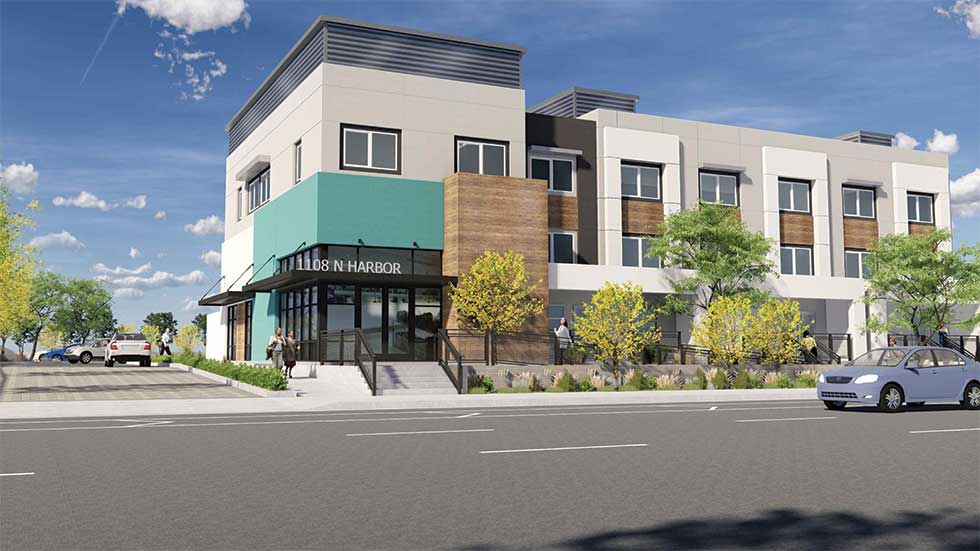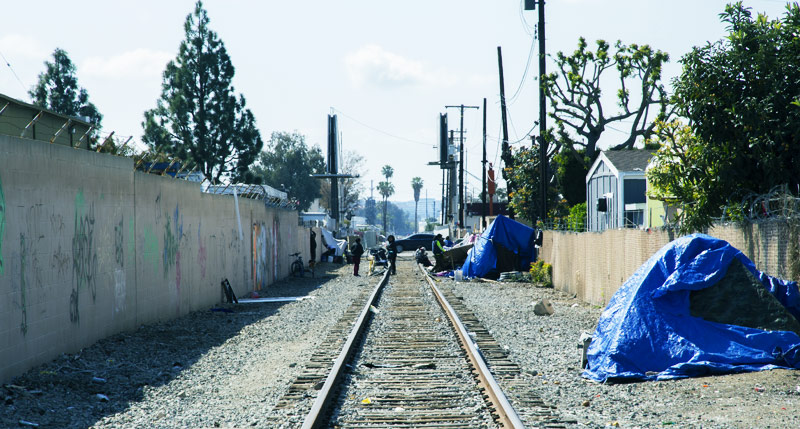Housing
Affordable housing is not a one-size-fits-all in terms of type of person it benefits. But one thing it does do is offer “dignified housing” to those priced out of the market.
Orange County Impact Study on the Siting of Affordable Housing
ISSUE: Developers involved in providing various forms of affordable housing, including supportive permanent housing, find themselves facing the same two objections from residents that live near the proposed development site:
1) Affordable housing leads to more crime and
2) Affordable housing reduces local property values.

The existing body of research demonstrates that at worst, affordable housing has no impact on crime or housing values. Several studies have actually shown that affordable housing leads to a decrease in crime and a greater increase in housing values compared to similar places with no affordable housing.
Local opponents of affordable housing remain unswayed by research not conducted in their communities. Therefore, to help address these concerns, the LCL is conducting a careful study of crime and housing prices in Orange County to determine the local impact. This work is taking the additional step to see what impact the location of such housing has on local retail and service businesses.
These findings will be invaluable to developers, policy makers and advocates of affordable housing.
This research was generously supported by: Jamboree Housing Corp, American Family Housing, Community Development Partners, National CORE, City of Anaheim Housing Authority , City of Garden Grove Housing Authority
Racial/Ethnic Equity in Accessing Services for Those Experiencing Homelessness
When it comes to the provision of the broad spectrum of health, human and social services, careful evaluations have shown that the single best prediction of success or failure is a person’s race/ethnicity. No matter the type of program or service, non-Latino whites fare better than any other racial/ethnic group. The simple explanation is that non-Latino whites have better access to services, and the services they receive tend to be better funded and designed based upon rigorous evidence. In other words, there is a racial equity gap among the programs designed – often with the best intentions – to help the most vulnerable and in need populations when it comes to accessibility, quality of treatment, and ultimate success of the program.



The LCL proposes to work in close consultation with the Orange County Continuum of Care (OC-CoC) to carefully document the pervasiveness of racial inequality in the local homeless services system and to help providers better grasp the organizational and cultural barriers that inhibit racial equity. Best practices for addressing inequality will be identified by conducting a comprehensive survey of the academic and practitioner literatures. This work will provide foundational information that can be used to assist the OC-CoC in developing and recommending strategies to create a more equitable system serving Orange County’s most vulnerable population.
